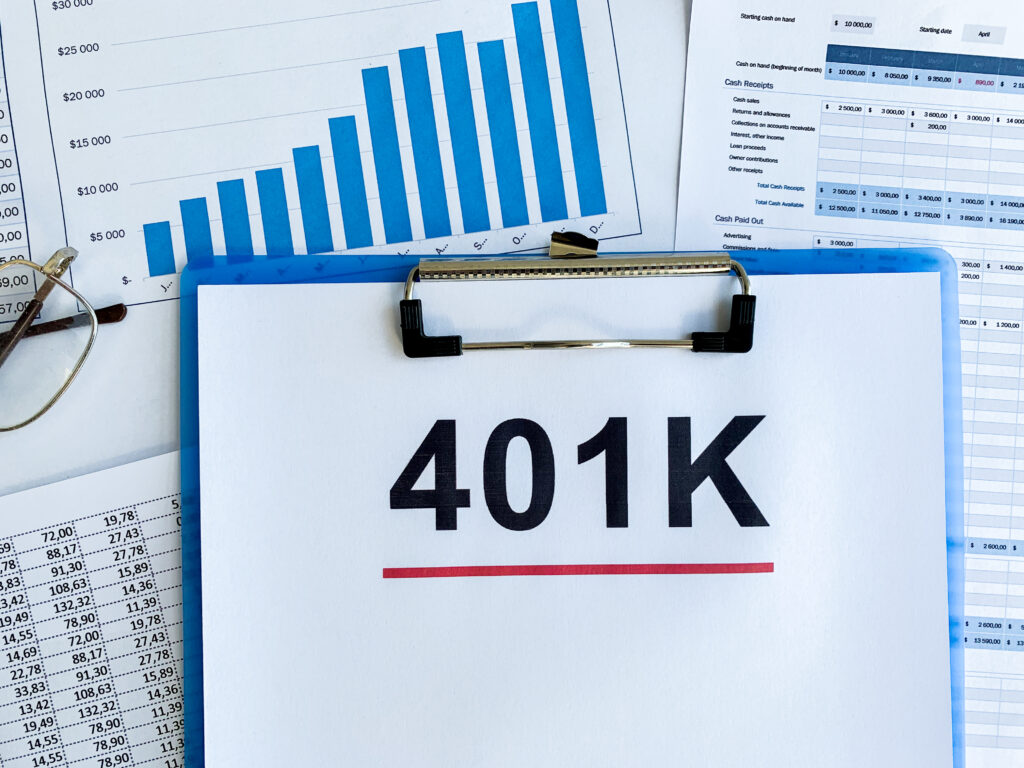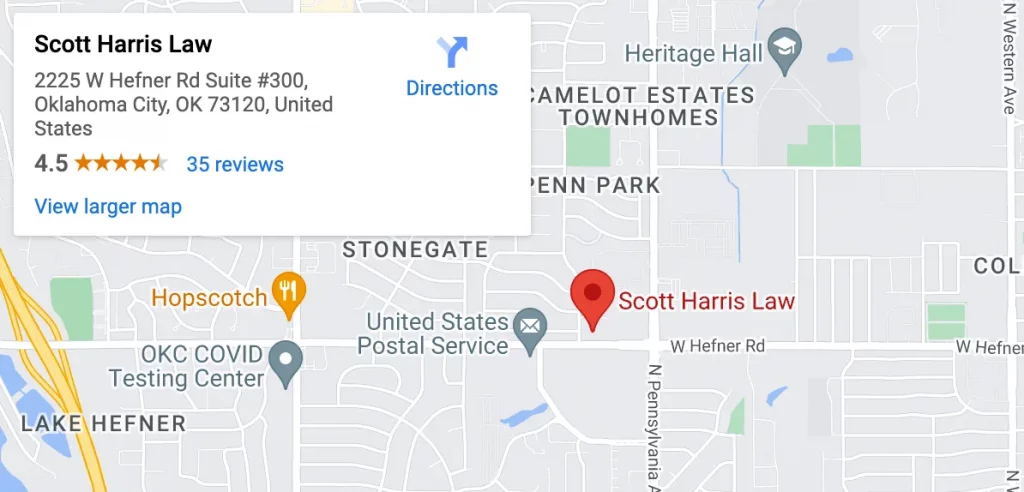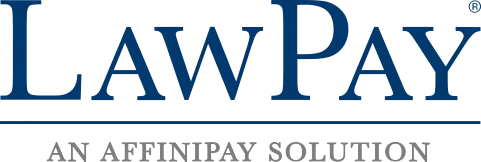Know When to Choose Bankruptcy or Use Your 401(k) Funds With Legal Guidance
Understanding bankruptcy and 401(k) plans during financial challenges can be rough. This article will simplify the complexities and explain how bankruptcy affects your 401(k) taxes. We will also highlight the skilled guidance from our experienced attorney at Scott Harris Law, located in Oklahoma City, OK.
Short Summary
To make your reading easier, we include a summary of important topics:
- A 401(k) plan is a U.S. employer-sponsored retirement savings option, allowing pre-tax contributions and potential matches, reducing taxable income.
- Bankruptcy can affect financial aspects, including 401(k) treatment. We provide overviews of Chapter 7 and Chapter 13 implications.
- A Chapter 7 bankruptcy aims to liquidate non-exempt assets, but 401(k) plans are generally protected. It covers exemption limits, taxes, and contribution impact.
- Chapter 13 bankruptcy focuses on a court-approved repayment plan, safeguarding 401(k) assets. It considers repayment plans, court approval, taxes, and 401(k) protection.
- In choosing between 401(k) Withdrawal or Bankruptcy, factors include evaluating finances, understanding bankruptcy, and considering 401(k) consequences. Individual circumstances matter, exploring alternatives like debt consolidation.
This comprehensive guide provides valuable insights for clients navigating the intricate relationship between their 401(k) plans and the potential effect of bankruptcy. We also underscore the importance of seeking advice from a trustworthy bankruptcy attorney for informed decision-making.
What is a 401(k) Plan?
In the United States, employers sponsor a retirement savings account known as a 401(k). It permits employees to allocate a portion of their pre-tax earnings. Some employers may match this contribution.
A significant advantage of a 401(k) is that the contributions are tax-deferred, meaning they only face income tax upon withdrawal in retirement. This feature enables individuals to lower their taxable income while working and saving for the future.
Does Bankruptcy Affect My 401(k) Plan?
Bankruptcy can impact different facets of a person’s financial situation, and handling a 401(k) plan in bankruptcy proceedings is a crucial aspect to consider. Different kinds of bankruptcy can change how a 401(k) factors into your choice. Let’s explore how bankruptcy might influence a 401(k) plan:
How Does Chapter 7 Bankruptcy Use My 401(k)?
Chapter 7 bankruptcy aims to sell non-exempt assets to repay creditors and give the debtor a fresh financial start. When it comes to your 401(k) in Chapter 7, several factors are at play:
- Exemption Protection
Fortunately, in most cases, your 401(k) is shielded from being sold during Chapter 7 bankruptcy. This protection is granted by federal bankruptcy laws to safeguard individuals’ retirement savings in times of financial distress. The idea is to ensure a financial safety net for individuals during their retirement years.
- Exemption Limits
Although 401(k) plans are generally safe from liquidation, there are limits on the exempt amount. Understanding these limits is crucial, as going beyond them might expose some of your 401(k) funds to creditors.
- Tax Considerations
Chapter 7 bankruptcy doesn’t trigger immediate tax consequences for your 401(k). However, regular income tax rules apply if you decide to take money out of your 401(k) during bankruptcy. Early withdrawals (before age 59½) may also face a 10% penalty unless an exception applies.
- Impact on Contributions
While your existing 401(k) balance is usually protected, contributing to the plan may be affected during and after bankruptcy. Consulting a bankruptcy attorney is advisable to understand how your contributions might be affected.
How Does Chapter 13 Bankruptcy Affect My 401(k)?
Chapter 13 bankruptcy aims not to sell assets but to establish a court-approved repayment plan for debts over a set period, usually three to five years. Your 401(k) in Chapter 13 bankruptcy might be affected in the following ways below:
- Protection of 401(k) Assets
Much like Chapter 7 bankruptcy, your 401(k) is generally shielded from being sold in Chapter 13. The bankruptcy chapter focuses on crafting a manageable repayment plan rather than liquidating assets.
- Repayment Plan Considerations
While your 401(k) funds are safeguarded, the repayment plan could influence your ability to contribute to the plan during bankruptcy. The disposable income for the plan is determined, in part, by subtracting necessary living expenses. This calculation might affect your capacity to continue making contributions during repayment.
- Approval of the Plan
The court will scrutinize and approve the proposed repayment plan, considering your financial situation, income, and necessary expenses. Collaborating with your bankruptcy attorney is critical to designing a plan that satisfies the court’s requirements while aligning with your long-term financial goals, including retirement savings.
- Tax Considerations
Like Chapter 7, Chapter 13 bankruptcy doesn’t lead to immediate tax consequences for your 401(k). However, if you withdraw funds during bankruptcy, standard income tax rules come into play. Early withdrawals might also incur a 10% penalty unless an exception applies.
Should I Withdraw From My 401(k) or File for Bankruptcy?
Deciding whether to withdraw from your 401(k) or file for bankruptcy depends on factors like your financial situation, reasons for considering these options, and long-term financial objectives. Careful consideration is vital, and seeking advice from a financial advisor or bankruptcy attorney is recommended. Here are key considerations:
- Evaluate Financial Situation
Evaluate your general financial health, considering income, debts, and monthly expenses. Determine if your financial challenges are temporary or likely to persist.
- Understand Bankruptcy
Bankruptcy can serve as a solution for individuals dealing with overwhelming debt, offering a chance for a fresh financial start. Explore types like Chapter 7 and Chapter 13 and understand their significance on your debts and assets.
- Consequences of Withdrawing from 401(k)
Taking money out of your 401(k) before retirement may result in income taxes and potential early withdrawal penalties. Consider the long-term consequences on your retirement savings, as early withdrawals can reduce your future funds.
- Bankruptcy’s Impact on 401(k)
Typically, retirement accounts like 401(k)s are safeguarded from liquidation during bankruptcy. While bankruptcy can relieve certain debts, it may affect your credit score.
- Consider Alternatives
Explore alternatives like debt consolidation, negotiating with creditors, or seeking financial counseling before deciding between withdrawal and bankruptcy.
- Long-Term Financial Goals
Align each option with your long-term financial goals, especially those related to retirement planning.
- Individual Circumstances Matter
Recognize that everyone’s circumstances are unique. Factors such as the types and amounts of debts, income, and personal financial goals will guide the most suitable action.
How Can a Bankruptcy Lawyer Help Me?
It is more effective to tackle financial challenges by practicing meticulous budgeting, negotiating with creditors, or exploring alternative solutions before dipping into retirement savings or opting for bankruptcy.
Given the uniqueness of each situation, seeking professional advice is crucial for making an informed decision that suits your specific circumstances. If you are considering bankruptcy, consult a trustworthy bankruptcy attorney who can assist in navigating legal complexities and determining the optimal approach for your situation.
Call Our Bankruptcy Lawyer Today!
Scott Harris Law recognizes the stress and uncertainties that often come with financial challenges. When dealing with bankruptcy and its effect on your 401(k) tax plan, having the proper knowledge can lead to a more favorable outcome.
Embark on the path to financial recovery in Oklahoma City, OK—reach out to our attorneys at Scott Harris Law for guidance and to ensure a more promising future. Remember that having the appropriate attorney is crucial when navigating the complexities of bankruptcy and 401(k) in Oklahoma City, OK. Get a free consultation today!




